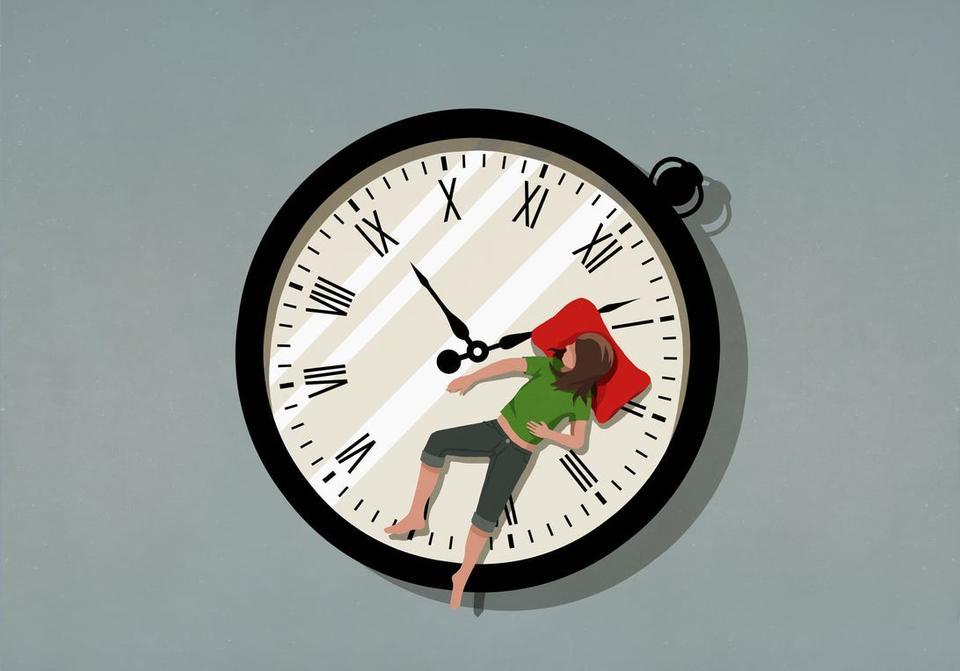The negative effects of DST
“The sudden change in clock time every 6 months has an adverse effect on sleep duration and quality,” says Anne Marie Morse, an associate professor at the Geisinger Commonwealth School of Medicine in Pennsylvania.

According to Morse, a pediatric neurologist and a fellow of the American Academy of Sleep Medicine, changing the time twice per year can negatively impact sleep quality and duration.
Morse adds that traffic accidents increase in the first few days following the time change, increasing fatal traffic accidents by up to 6 percent in the United States. This may be due to the negative impact that changing the clocks can have on sleep.
One 2020 review found an 18 percent increase in adverse medical events related to human error after the switch. Another review from the same year found an increased risk of cardiovascular events and mood disturbances associated with DST.
Here’s how you can try to minimize the negative impact of DST.









